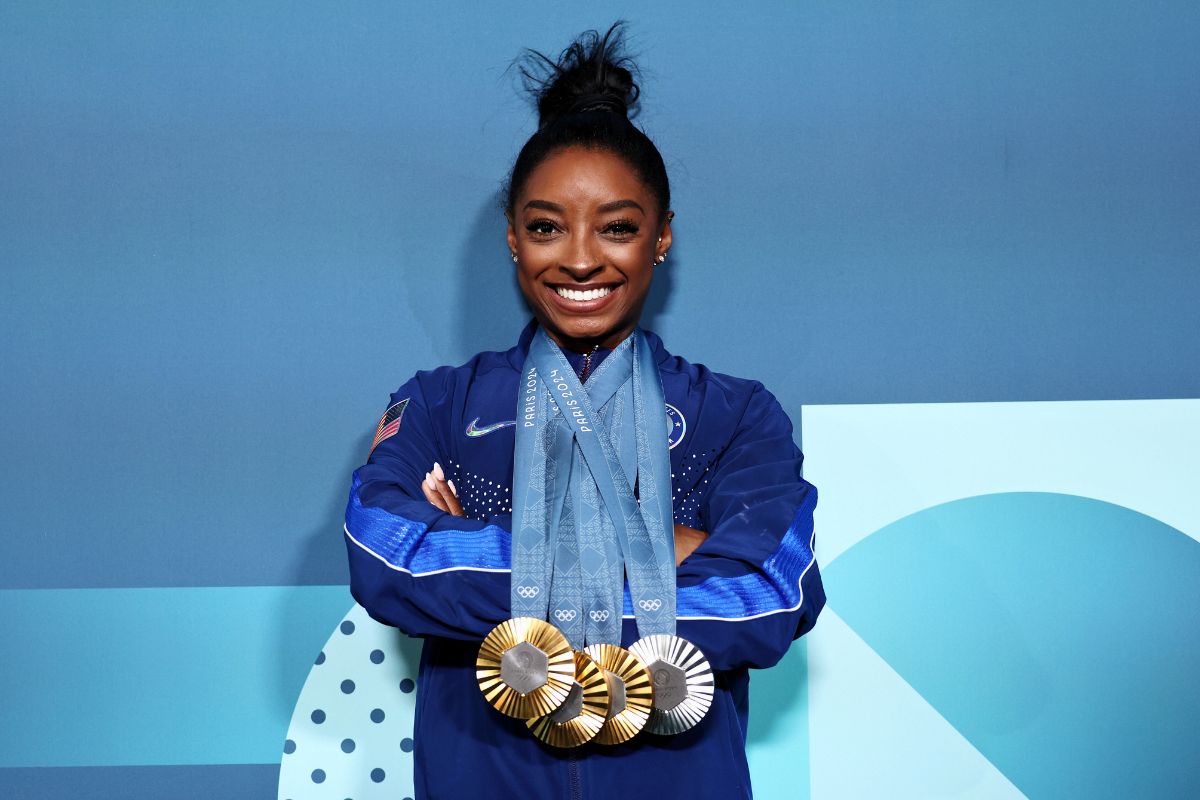The 2024 Summer Olympics in Paris have officially concluded, marking the end of 19 days of athletic achievements. Team USA dominated the medal table, amassing 126 medals, including 40 golds. This outstanding performance solidified their position as the leading Olympic powerhouse.
China and the host nation, France, rounded out the top three in the overall medal count. Of course, such victories call for monetary awards. However, though the International Olympic Committee does not provide financial prizes, numerous countries incentivize their athletes with lucrative bonuses for bringing home medals.
United States Modest Rewards For A Sporting Powerhouse
Despite being an Olympic powerhouse, Team USA offers relatively modest rewards compared to some other nations. CNBC reports that American athletes receive $37,500 for gold, $22,500 for silver, and $15,000 for bronze medals. These amounts are not taxable unless the athlete’s gross income exceeds $1 million. Additionally, U.S. Olympians benefit from other forms of support, including health insurance and college tuition assistance.
On the other hand, Singapore stands out in its exceptionally generous incentives. The city-state offers a staggering 1 million Singapore dollars ($737,000) for a gold medal, nearly 20 times more than the U.S. reward. However, this prize money is taxable, and athletes must return a portion to their national sports associations for future training and development.
Malaysia also provides hefty rewards for its Olympic winners. Gold medalists receive 1 million ringgit ($224,669), silver medalists get 300,000 ringgit ($67,401), and bronze medalists earn 100,000 ringgit ($22,467). Notably, a Malaysian bronze winner receives a higher performance reward than a gold winner from Australia or Canada.
Other Revenue Streams
While these medal bonuses can be significant, Olympians have other sources of income. Many athletes rely on stipends, training grants, prize money from tournaments, and regular salaries from various jobs. A select few may secure lucrative endorsement deals, though this is not the norm for most Olympians.





